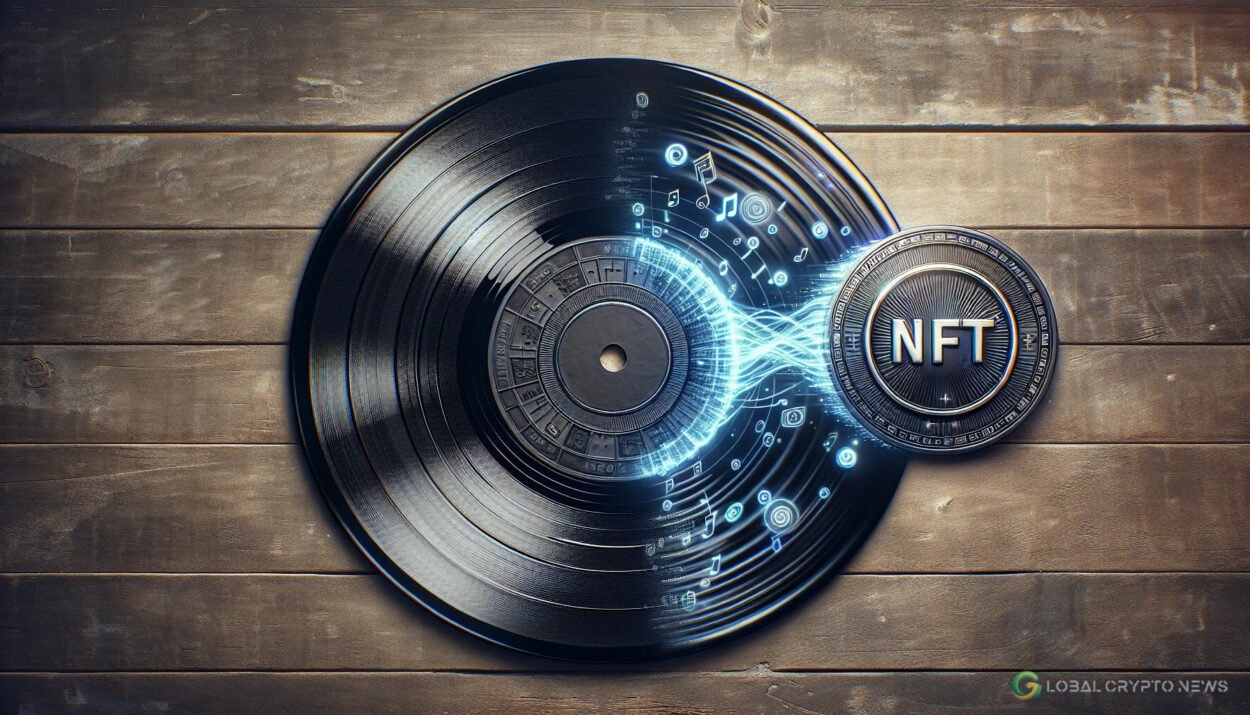Disclosure: The views and opinions expressed here belong solely to the author and do not represent the views and opinions of Global Crypto News’ editorial team.
Napster’s Revolution in Music Sharing
In June 1999, Napster emerged as a peer-to-peer file-sharing service that transformed how music was distributed and consumed. Created by Shawn Fanning and Sean Parker, Napster allowed users to share and download music files directly from each other’s computers. By March 2000, it had attracted over 20 million users seeking free music downloads.
However, Napster faced significant legal challenges due to copyright infringement. The Recording Industry Association of America (RIAA) sued Napster, leading to its shutdown in 2001. Despite its short-lived existence, Napster’s technology had a lasting impact, paving the way for other P2P services and introducing the concept of virtual currency for these networks: Karma.
Karma: The First Virtual Currency
Karma, introduced in 2003, was designed to incentivize users to contribute to P2P networks. Dr. Emin Gun Sirer, the co-founder of Karma and CEO of Ava Labs, explained that the internet’s evolution from isolated local computing to global-scale computing facilitated the creation of digital services that catered to a worldwide audience.
“I built a system called Karma to ensure that people participating in peer-to-peer file sharing networks don’t just leech. They needed to use Karma to download files, encouraging them to also upload files to earn more Karma,”
Ava Labs and the Tokenization of Assets
Founded in 2018 and headquartered in Brooklyn, New York, Ava Labs aims to tokenize various assets on the Avalanche public blockchain. This includes the music industry through music NFTs. Dr. Sirer highlights that blockchains facilitate many-to-many communication over a shared ledger, enabling the development of unique, secure tokenized assets like music NFTs.
Music NFTs: Revolutionizing the Music Industry
By utilizing blockchain technology to record ownership of music, the Avaissance program offers musicians new creative and financial opportunities. Artists can sell music NFTs directly to fans via an NFT marketplace, expanding their revenue streams. Smart contracts automate royalty payments each time tokenized music is resold, simplifying compensation for musicians.
Types of Tokens in the Music Industry
Tokens can represent various assets:
- Real-world assets: Complete songs, albums, or concert tickets.
- Virtual items: Digital art, autographs, gaming skins, or virtual concert videos.
- Pay-for-use: Gas tokens like BTC for Bitcoin or ETH for Ethereum, used to meter resource consumption on blockchains.
Music in the Metaverse
Sebastien Borget, COO of The Sandbox, introduced ShowCity, a web3 arena for musical entertainment in the metaverse. ShowCity hosts virtual concerts by artists like Snoop Dogg, Steve Aoki, and Warner Music Group. Musicians can create avatars and sell NFT merchandise, generating significant revenue.
“ShowCity brings the open metaverse one step forward in sustainable fan-owned and community-driven musical entertainment,”
Legal Challenges of Music Tokenization
While tokenizing music offers numerous benefits, it also poses potential legal and financial challenges. Issues such as copyright, taxation, security classification of gas tokens, and compliance with sanctions need careful consideration. Musicians and collectors must navigate these complexities to ensure fair and legal transactions.
“The final digital asset reporting regulations include a reporting threshold of $600 for sales of ‘specified’ NFTs,”
Stay updated on the latest developments in cryptocurrencies, investing, and finance by exploring more news on Global Crypto News.
























